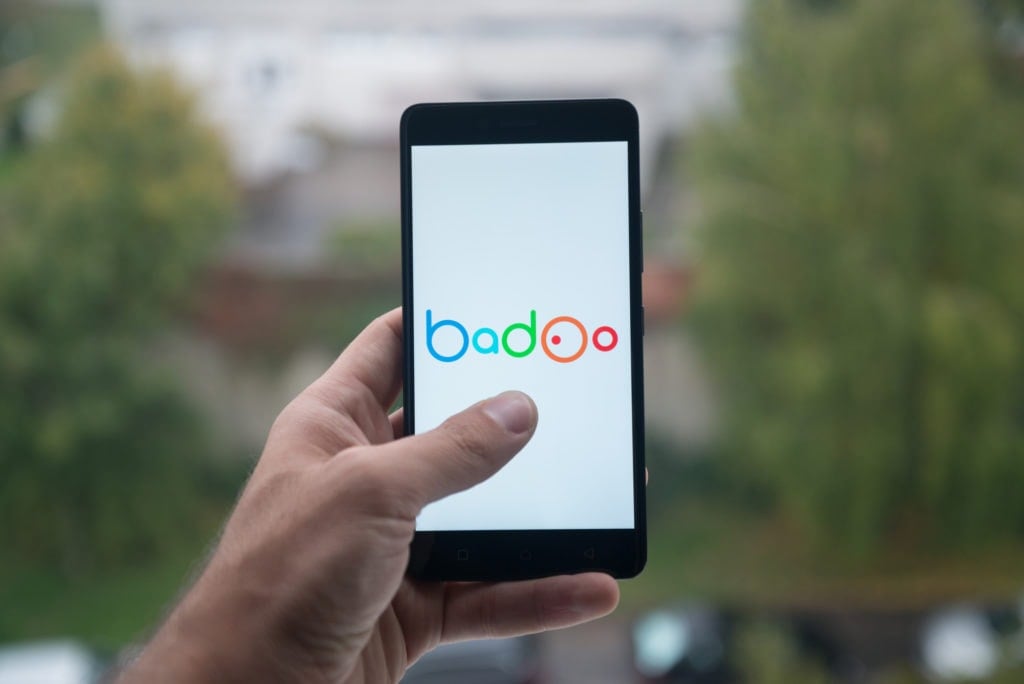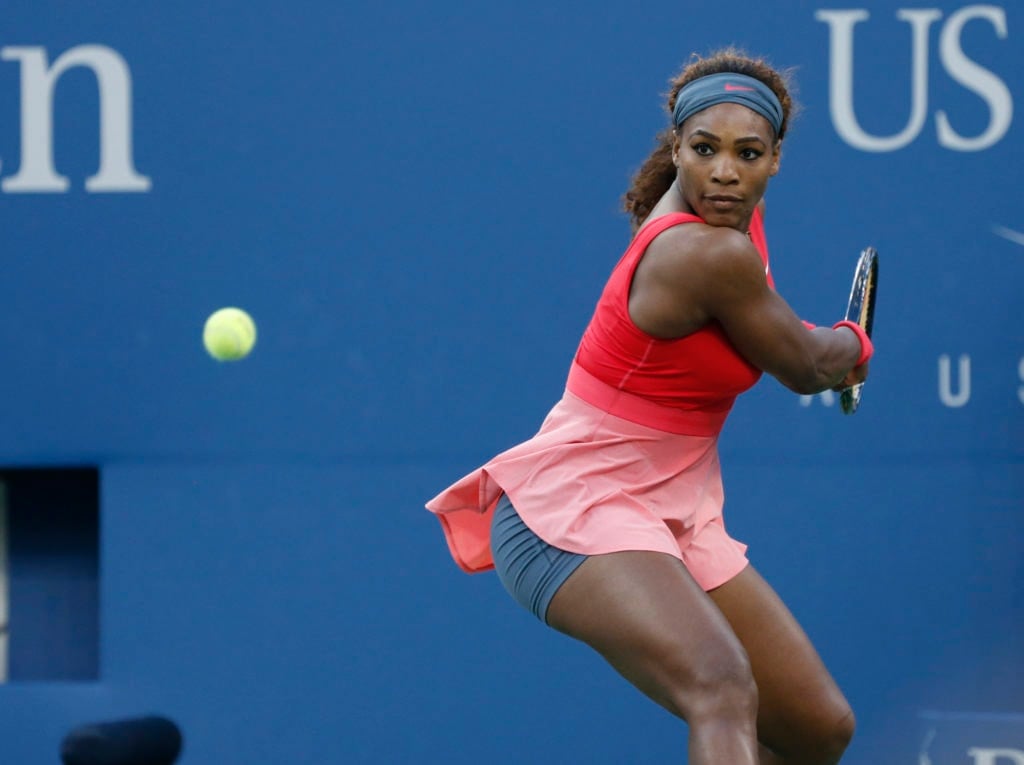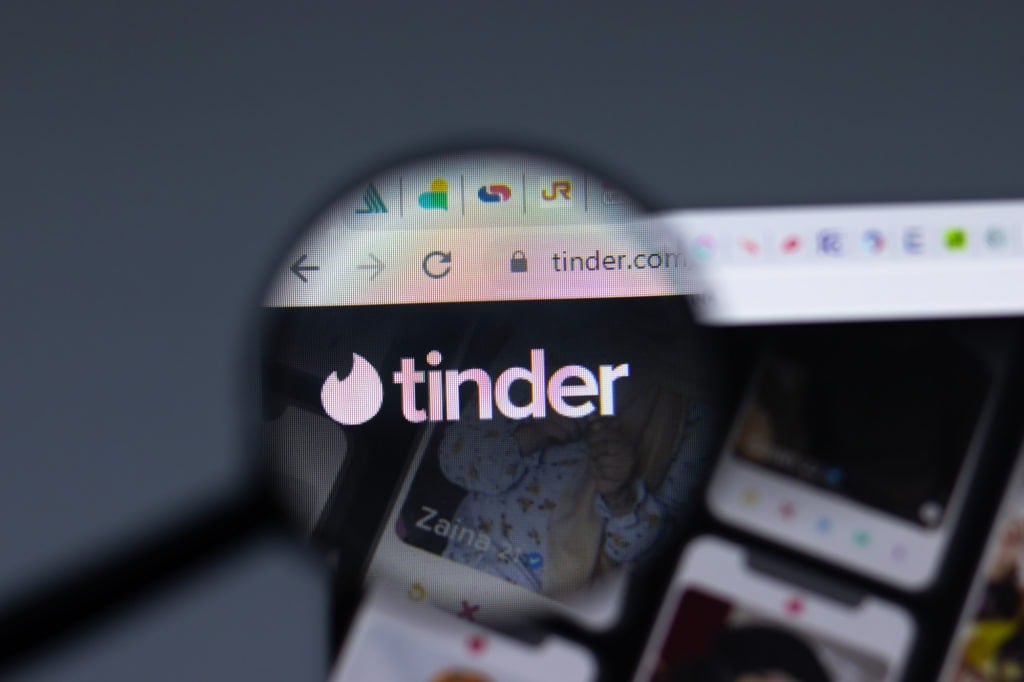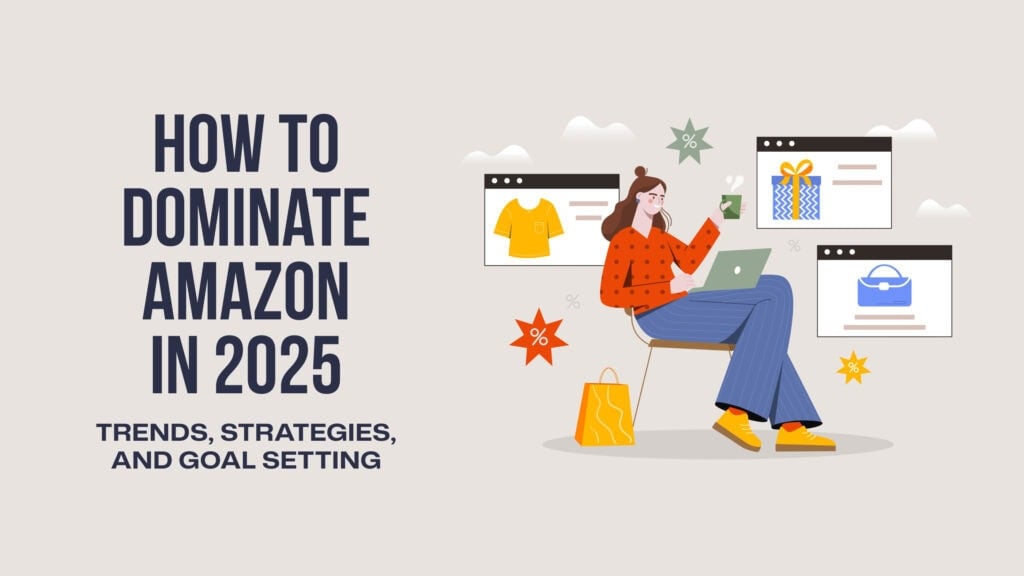Move over, Tinder. There's another dating app in the market, and it's putting women first. Bumble is the social media dating app where women have to make the first move. It's like the Sadie Hawkins dance but in an app.
Although Bumble feels like a refreshing niche within the dating space, it does share one thing with Tinder. Whitney Wolfe Herd. Before building buzz around Bumble, Whitney helped make "swipe right" a thing at Tinder. That is.. until allegations of sexual harassment came to light.
Keep reading to learn why Whitney Wolfe left Tinder and how she became a self-made female billionaire helping build Bumble from the ground-up.
The Buzz Behind Bumble
Whitney Wolfe Herd
- Full name: Whitney Wolfe Herd
- Birthdate: July 1, 1989
- Profession: Founder & CEO of Bumble, American entrepreneur
- Net Worth (estimated): $1.3 billion
- Social Media: Instagram, Twitter, Linkedin
Bumble Company History
Wolfe Herd's Early Life and Education
Wolfe Herd was born on July 1, 1989, in Salt Lake City, Utah. She graduated from Southern Southern Methodist University with a degree in international studies.
Tinder
After graduating with her degree, Wolfe Herd joined Hatch Labs. Hatch Labs is a Los-Angeles-based incubator for startups. She was only 22 when she and her colleagues started developing Tinder. The dating app launched in 2012.
As Vice President of Marketing and co-founder at Tinder, she started promoting the app. Tinder gained rapid success and recognition in the tech space. Within a few months of launching, the dating app made over a million matches.
Sexual Harassment
While working at Tinder, Wolfe Herd was in a relationship with Justin Mateen, her boss. The relationship was rocky. She alleged that Mateen sent threats and verbal abuse. He also apparently stripped Wolfe Herd of her co-founder title.
Wolfe Herd's relationship with Mateen made working at Tinder impossible. She resigned from the company in 2014.
Tinder denied the allegations. However, the company reportedly settled for $1 million and stock awards.
"It wasn't about the money," Wolfe Herd told Business Insider. "It was about my hard work. I had been erased from the company's history ... I'm not here to take credit fully for Tinder. It's about the team, and I think I played a really important role in the team. I was there from the inception of this app that's now known by the world."

Bumble
Andrey Andreev, a co-founder of the dating website Badoo, reached out to Wolfe Herd after her resignation. The two met up and discussed Wolfe Herd's plans for the future.
Wolfe Herd shared her ideas of creating a social media that goes toe-to-toe with Instagram. Like Tinder, it would target a younger demographic. Andreev, however, steered her back to the dating app scene.
And Wolfe Herd listened. The pair recruited other members who jumped ship from Tinder. This included Chris Gulzcynski, fellow co-founder and VP of Design Sarah Mick.
Wolfe Herd wanted to make something different from other dating apps. In other dating spaces, women were commonly subject to harassment and unsolicited images. Following this direction, the team of four launched Bumble in 2014.
"With Andreev's backing, Wolfe Herd created Bumble as a service 'by women, for women,' touting it as a place where women were empowered, and harassment was rigorously policed," reported Bloomberg.
Ladies Take the Lead
Bumble frames the dating experience on the woman's terms. Wolfe Herd wanted women to feel empowered without fearing for their safety while dating.
Therefore, the ball is in the woman's court. For heterosexual matches, the woman has 24 hours to make the first move. The man has 24 hours to respond, or the connection expires.
"Every single day, we have just gotten up in the morning and focused on building an experience around women, for women," Wolfe Herd told CNBC. "When women are safe and happy, everyone else follows, and it creates a better relationship for everyone."
Diversity Matters
Wolfe Herd wanted to empower women, from the dating app to the board room. That's why its board of directors comprises mostly females. Prominent members include Michelle Kennedy, founder of Peanut, a social app for moms, and Ann Mather, former CFO of Pixar studios.
From Dating App to Social Media and Magazine
Since its launch in 2014, Bumble has become more than a dating app. Bumble has launched other segments that focus on friendship and professional connections.
- 2016, Bumble launched Bumble BFF. Bumble BFF helped connect like-minded females seeking platonic friendships.
- 2017, Bumble Bizz came to light. Similar to Linkedin, Bumble Bizz provided a platform for professional networking.
- 2018, Bumble created Bumble Fund to invest in businesses founded by women of color.
- 2019, Bumble launched Bumble Mag, a lifestyle publication that explored dating, friendship and careers. Celebrity contributors and advisors include:

- Serena Williams
- Actresses Erin and Sara Foster
- Leandra Medine, founder of Man Repeller
- Jennifer Meyer, jewelry designer
- Jen Rubio, co-founder of Away Luggage
Bumble Mag's first issue featured Lauren Chan. She is a model and entrepreneur that promotes a plus-size women's workwear line, Henning.
Match Group Offers to Acquire Bumbled
If you thought Wolfe Herd's chapter with Tinder closed with the case settlement, think again.
In 2017, Match Group attempted to acquire Bumble for $450 million. Match Group is the parent company for multiple dating services, including Tinder, PlentyOfFish, OkCupid, HowAboutWe, and Match.com.
Herd declined the offer.
This is unsurprising, as $450 million seemed like a low-ball offer. This seems especially so after TechCrunch valued Bumble at $1 billion at the time.
"The company is still growing like a weed, with over 23M registered users and more than 850 million total matches made in under three years," TechCrunch reported.
Match Group Plays Copycat
Rejection can sting, but you just move on… Right?
Well, not for Match Group. After Bumble declined the offer, Match Group made a bold move. In 2018, Tinder introduced a new update that would adopt a "ladies first" type of feature. Women could enable this setting, which would allow them to initiate a conversation.
Sounds familiar?
When asked about this new Tinder update, Wolfe Herd said, "We applaud any company making business decisions that empower women."
Wolfe Herd definitely took the high ground and continued putting female empowerment at the forefront.
But wait, there's more.
Bumble Swipes Left on Match Group
Match Group claimed that Bumble was a Tinder rip-off applied within a unique niche. In their original complaint, Match Group claimed Bumble copied Tinder's "world-changing, card-swiped-based, mutual opt-in premise."
(That's a mouthful.)

In response to the lawsuit, Bumble released a stinging response on their website.
"We strive every day to protect our nearly 30 million users and to engineer a more accountable environment. Instead of swinging back and forth between trying to buy us, copy us, and sue us, why don't you spend that time taking care of bad behavior on your platforms?"
Having already been in a lawsuit with Tinder, Wolfe Herd's patience was likely nil. The statement's ending pretty much sums up her feelings:
"We wish you the best, but consider yourselves blocked."
Bumble Today
Despite the recent lawsuit, the company has seen immense success.
In 2019, Bumble reported $363 million in revenue. Then in 2020, that figure increased to $417 million, according to Forbes.
In 2021, Bumble reported 42 million active monthly users. Bumble's parent company, Magic Lab, rebranded as Bumble, with Wolfe Herd at the helm as CEO.
Even more exciting, Bumble finally went public on February 11, 2021, on the Nasdaq Stock Exchange. Bumble trades under the ticker symbol "BMBL." Forbes reported Bumble's share price at $76 per share, well above its target $43 per share price.
As Bumble's founder, Wolfe Herd is one of three female founders among the 559 firms that have gone public within the last year. She is also one of the youngest female CEOs in technology that have gone public.
Wolfe Herd retained a 19% stake in the company, valued at $1.6 billion. And she has officially joined membership as a self-made female billionaire.
Bumble FAQs
What company owns Bumble?
MagicLab was the parent company of dating and networking apps Bumble and Badoo. MagicLab was renamed Bumble as of July 2020.
How much is Bumble worth?
Bumble IPO valuation soared to $14 billion when the company went public on February 11, 2021, according to Reuters. Revenue-wise, Bumble reported $417 million in 2020 — up from $363 million in 2019.
How much did Bumble sell for?
Bumble's opening price was $76 per share. The price exceeded company expectations, which initially targeted $43 per share price.

Is Bumble a publicly-traded company?
Yes, Bumble went public on February 11, 2021. The dating app company has already raised $2.15 billion from investors, according to Bloomberg.
The Bottom Line
Wolfe Herd capitalized on an underserved market. Considering the world is 50% men and 50% women, prioritizing women seems like something long overdue in the dating market. As a result, Wolfe Herd helped build a multibillion-dollar company while becoming a billionaire in the process.
"You don't have to be one type of person to find success in the business world or in the tech industry," Wolfe Herd told CNN Business in an interview. "I've truly just always tried to build what I wish existed, what I wish could help make lives better for the women I care about and the people I love, and I think it doesn't always have to follow the same path."
Building what you wish existed to make people's lives better - that's how million-dollar brands start. Will you create the next billion-dollar company with your idea? We hope so! That's why we put together our best free training videos to help you get started. They're all yours, right here.












